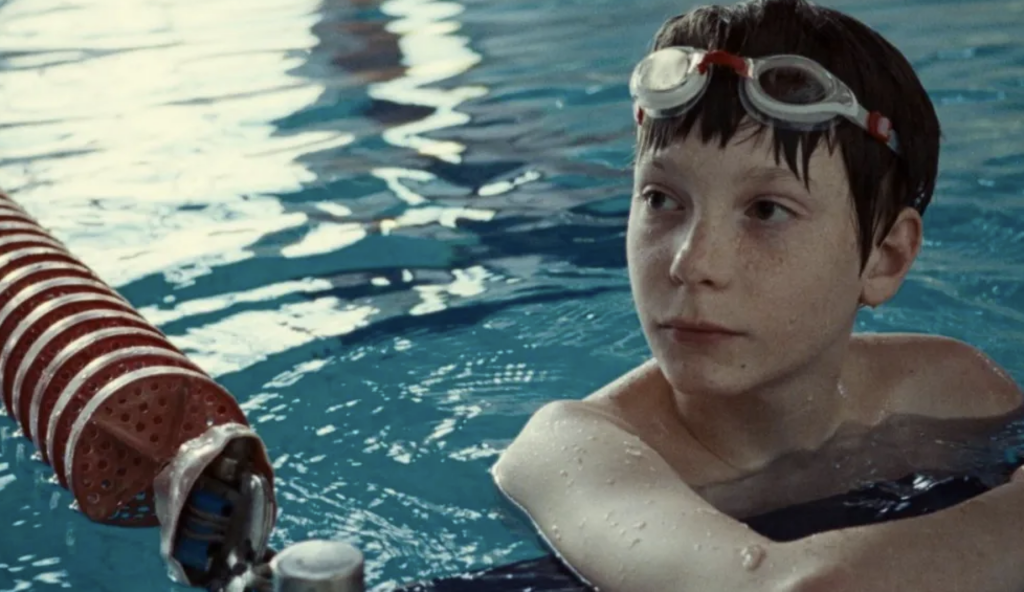Francis Ford Coppola’s navel gaze-y epic Megalopolis exists only for the guy who made it
On a recent episode of the movie podcast Random Number Generator Horror Podcast Number 9, hosts Joseph Fink and Cecil Baldwin discussed determining “good” vs. “bad” art in relation to the movie Phantasm, a cult classic that notably eschews that kind of pigeonholing. Baldwin brought up the form of evaluation he learned in drama school, defining specific choices or elements not as good or bad, but as stronger or weaker. What parts of a script, production or performance work better than others? What’s weak? How can we make it stronger?
I’m leading with this because It’s helpful to think of Francis Ford Coppola’s Megalopolis in these terms. It is a deeply indulgent work (that’s what happens when you self-finance a film for $120 million and nobody can tell you “no”) with a premise and perspective nobody was asking for. It also contains moments of staggering vision that you could probably only try if you self-financed a film for $120 million and nobody could tell you “no.”
Megalopolis is by no means a consistent film. It’s not good, or bad, and it’s certainly not middling. It has stronger and weaker elements (more of one than the other), but at no point does it feel like anyone—Coppola least of all—isn’t trying stuff. It is a spectacle and one that you should probably see yourself just for the experience, though I can’t condone encouraging Coppola after the reports of his deeply unprofessional behavior on set. Trying to make all this make sense is a truly brain-scrambling effort.
Coppola’s decades-in-the-making passion project attempts to superimpose ancient Rome onto current-day New York (America is an empire in danger of decline, get it??). There are a number of entitled, powerful men running the show, but the primary rivalry is between mayor Frank Cicero (Giancarlo Esposito) and architect/dreamer/troubled iconoclast Cesar Catilina (Adam Driver), a Robert Moses-type municipal designer who wants to build a futuristic utopia in the middle of the city.
Also, Catilina can stop time, for…reasons.
Cicero’s daughter Julia (Nathalie Emmanuel) starts working for Catalina as an assistant, initially with the intent of spying on him to help her dad. Of course, she ends up being moved by his brilliance and falls in love with him. While Cicero and Catalina keep up their squabbling/dreaming about the future, entitled douchebag Clodio (Shia LaBeouf) tries a hostile takeover via a populist campaign that exploits the unaddressed needs of the city’s impoverished residents.
Coppola’s self-described “fable” mixes Shakespearean pretensions with all the subtlety of an SNL high school theater program sketch. Just in case you aren’t aware of the parallels he’s trying to make, there are placards with text read aloud by Laurence Fishburne, ostensibly so you won’t miss the point no matter what. That point, in case you’re curious, is that we need to have our brains focused on the future, not just the here-and-now, and allow visionaries to do their thing no matter how impractical the plan or potentially problematic the visionary.
All this means that, as a friend observed while watching the film with me, Megalopolis often feels like a big-budget Neil Breen movie, and I mean that in both the best and worst senses of that term. There are shots with some of the worst rear projection I’ve ever seen, and others with bold images and production design so ambitious (Catilina’s drug trips, a spectacular gladiatorial event) that you could stare at them for hours.
In some performances—namely Jon Voight as banking magnate Hamilton Crassus III—the actors seem barely awake and frequently confused. Others, like Aubrey Plaza’s money-obsessed Wow Platinum, know exactly how ridiculous the movie is and milk it for all it’s worth.
More to the point, though, Coppola plays big into the Great Man myth with antiquated and laughable results. Though the film pictures a utopia where everyone can live into their fullest potential, in practice (or, at least, Coppola’s practice) that idea is strikingly narrow. Julia, who seems smart, if slightly out of her depth, exists solely to be impressed by Catilina’s genius, and to help him achieve his dreams by radiating goodness and love and doing little else. The film seems to laugh at Cicero’s pretty reasonable stance that as nice as Catilina’s castles in the air might be, people need education and sanitation too, and those needs are more immediate.
So yeah, Megalopolis is a shitshow.
It’s also a labor of singular love made by a guy who sold off a chunk of his wine empire so he could cover the budget and not answer to anyone. That move reeks of privilege, and so does the end product. Still, there’s something kind of fascinating about engaging with a piece of art made by someone with a deranged sense of their own importance. As a movie, Megalopolis has many weaknesses. As a cultural artifact, it’s as strong as they come.







